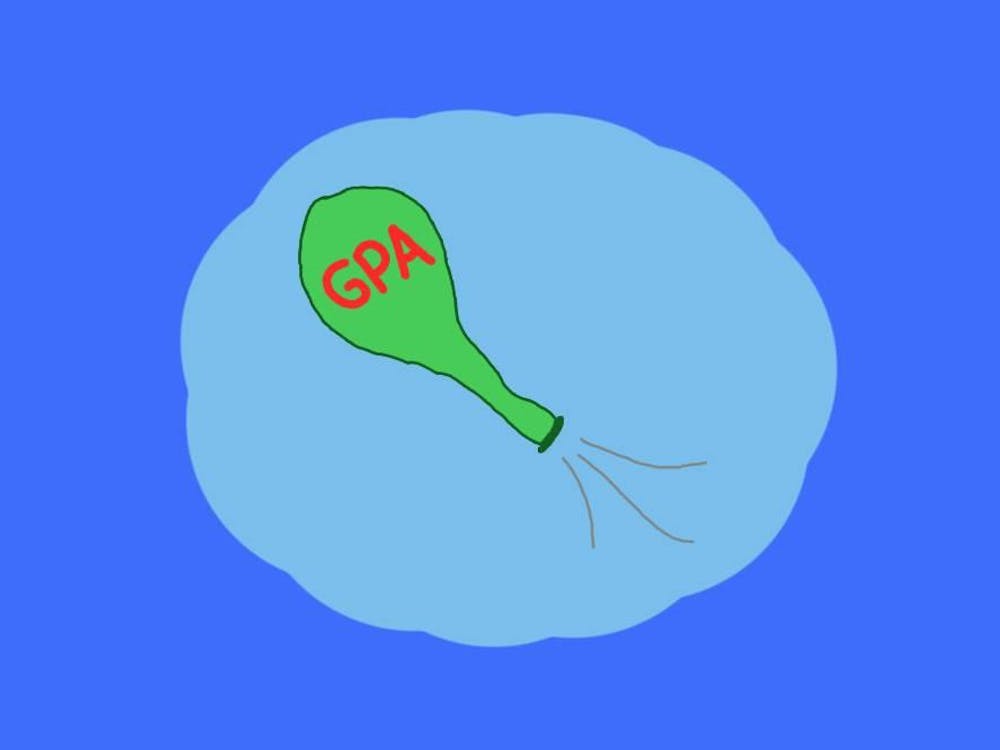ONCE AGAIN, that symbol of South Carolinian ignorance, the Confederate flag, has popped up in the news. It was a focal point during the Republican campaigning for the South Carolina primary earlier this month. A host of pundits and politicians - mostly from the North - lambasted South Carolina's refusal to take the flag down. The NAACP launched a tourism boycott back in January. Still, the flag remains mounted on top of the statehouse, like a middle finger extended to the outside world.
Somehow, that does not seem to make much of a difference. South Carolina's continued refusal to follow in line with the ideas and policies of the rest of the country is a tradition going all the way back to the time of Jim Crow. Real change has come only when outside forces intervened - as the federal government did with the Civil Rights Act of 1964 - and forced the state to get its act together. Outside forces can play a crucial role in what are otherwise "local" issues. What is interesting about this current case is that when the Confederate flag comes down, it will not be the result of any federal intervention. South Carolina will remove that symbol of hate because failure to do so would further harm the state's economy and national reputation.
Those who argue that the flag is a symbol of heritage are mistaken. Proponents of this belief might have some credence to their argument if the flag had been flying over Southern statehouses since the end of the Civil War. This is not the case. South Carolina raised the Confederate flag in 1962 as a response to the burgeoning civil rights movement. If heritage is so important, why didn't South Carolina make use of the rebel flag before the civil rights movement? There was no law prohibiting the display of the flag before 1962. South Carolina raised the flag only because it was a symbol of defiance to the federal government's strange insistence that black people have rights too.
In the new century, however, the issues are not as clear-cut. The federal government cannot, nor should it, play any legal role in bringing down the flag. Instead, the solution to this controversy will be a demonstration of the cliché of "Money talks, bull walks."
On Jan. 1, the NAACP announced a tourism boycott of the state. According to its own estimates, black travelers spend $280 million in South Carolina. It certainly is possible that the organization inflated this figure to give more weight to their efforts. However, even if black tourism to South Carolina accounts for only half that figure, it is still a huge hit against the economy of a relatively small state.
On Tuesday, the New York Knicks announced that they would not hold their training camp in Charleston this season. Since 1991, the Knicks have held this camp every April at the College of Charleston. Last October, they extended their contract with the college through the 2002-03 season. But as Knicks executive vice president Steve Mills said, "The Knicks have decided not to return to Charleston due to the Confederate flag controversy." ("Knicks camp pulls out of Charleston over flag flap," Associated Press, Feb. 22.) Outspoken forward Larry Johnson went even further. "If you've got a state that wants to fly that flag knowing what it means to people, and me being black, I don't need to be in that state."
The Knicks represent only the most well known organization that has pulled out of the state since this debate emerged again. The Eastern Intercollegiate Athletic Conference, home to five South Carolina colleges, moved its basketball tournament to Jacksonville in support of the boycott. And you can bet that more and more athletic groups, particularly those with a high percentage of black players, will be looking for ways to limit or end their presence in the state. The boycott has cost the state an additional $7 million in lost convention business.
Independent of the tourism drop, many South Carolinians want the flag removed. While this opinion stems from a desire to dispel a negative national perception, rather than an outright objection to the flag, the end result is the same. At the very least, residents of South Carolina will not have this stigma attached to them anymore. "To people from other places, this controversy makes us look hidebound. A lot of local people today are embarrassed about it," said Neal Thigpen, a political science professor at Marion University in Florence. ("S.C.'s Flag Controversy Stirs Up Painful Moments," The Los Angeles Times, Feb. 18.)
If an individual wants to fly the Confederate flag, that is their choice. There should never be any legal prohibition against this. No government, state or local, however, should adopt as one of its symbols a flag that, at the absolute least, stood for the division of our country. In contrast to previous efforts at battling the forces of segregation, it is not any government that will intervene, but private citizens and companies. It is unfortunate that South Carolina might not be convinced about the offensive aspects of the flag. But the effect is the same - the flag comes down.
(Timothy DuBoff's column appears Fridays in The Cavalier Daily.)




